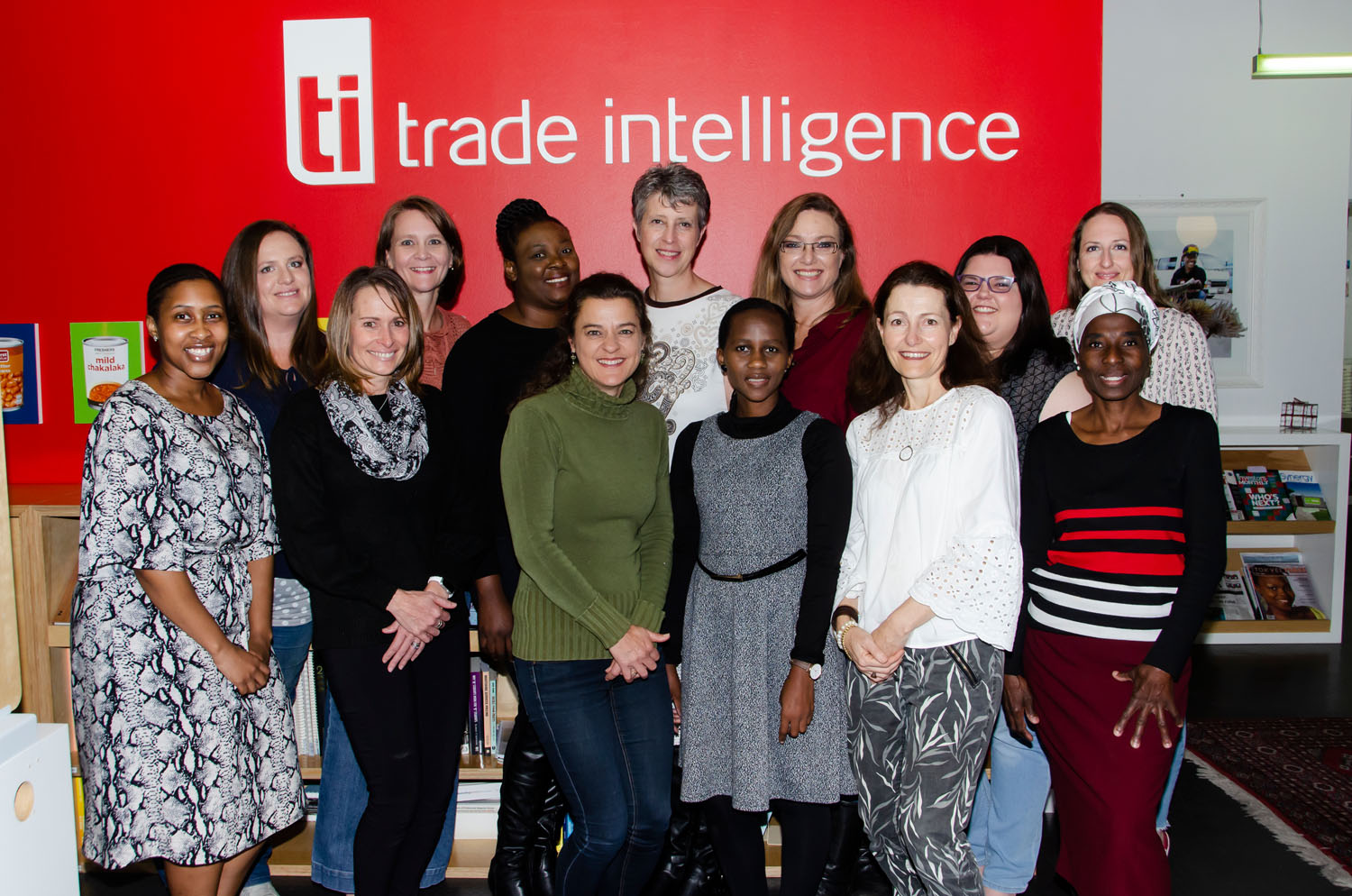As we celebrate Women’s Month, it’s an opportune time for the FMCG industry to take stock of how far we’ve come in empowering women, and the journey that still lies ahead.
Across South Africa’s major consumer goods retailers, women occupy an average of 24% of all executive positions, with a high of 40% in some businesses, while in others, there is no female representation in executive roles. For women of colour, the average is 14%. And no major retailer has a woman in the Group CEO position. This is, of course, not an ideal state of affairs, although it seems there is a move to attract more women into these critical positions. Certainly, this is the case in FMCG manufacturing businesses in recent years.
Beyond parity, what are the benefits for businesses in having women in leadership positions? One of the more practical reasons for women to lead FMCG businesses is that women make up around 70% of the average retailer’s customer base, and are the main decision-makers in grocery purchases. Trade Intelligence MD Natasha Smith also believes that women bring the impact of emotional intelligence (EQ) to the table. “In a leadership position, this plays out in the form of greater collaboration and employee engagement, which ultimately results in better productivity and financial returns,” she explains. “Organisations with more women in senior leadership roles tend to enjoy a holistic and balanced culture, which is so vital in the corporate rat-race,” says Smith.
Smith has experienced this more inclusive culture herself. “An approach I learnt at my very first job at Procter & Gamble was a leadership style of ‘soft on people, hard on results’”. This involved in part acknowledging and holding space for ‘life’ – including family, health, and relationships – and then collaborating to create the desired objectives set in the workplace by weaving together the lives of the stakeholders involved. “We have to be dependent on the diversity of sources, inputs and ideas around us more than ever before,” says P&G CEO for Central Europe, Geraldine Huse, who has played a leading role in fostering a culture of inclusion in the business.
Trade Intelligence was itself founded by a woman, and has historically been dominated by women at all levels of the business. This was not intentional, explains founder and original MD Maryla Masojada. “We didn’t actively seek to fill new positions with women,” she says. “We always had a rigorous selection process, and went with the most competent person who embraced the values of the business, and was a good fit for the team.”
“Shifting the shape of the industry has to be led from the top,” says Natasha Smith. She believes that leaders who have bought into the benefits of women in leadership will invest in this initiative, mandate new legislation and policies, and engender a culture that promotes women in leadership to effect change. “This is a challenge if the narrative is not genuinely transformed to position women in the workplace as stimulating and accelerating economic growth,” she says. “At Trade Intelligence, we are storytellers at heart, so we have a role to play in uncovering the realities of what the women in leadership have endured to climb the ranks, and tell the stories of women who are still on the journey.”
One such story is that of Zyda Rylands, who rose through the ranks of Woolworths to become CEO of the business’ highly successful South African retail division. “I can honestly say that personally I have not experienced the glass ceiling in my career at Woolworths, as I did not want it to be the bogeyman or red herring that holds me back,” she explained in an interview with BizCommunity. She does acknowledge that women face particular challenges though. “The private sector does not exist in a vacuum and often the challenges we see in business reflect those of our society. I would like to see more women in business across all sectors,” she says.
How do we get there? “I have always felt very passionately about the education of girls and women in our society and have mentored and supported many young women in their careers.” Says Rylands, “I support education initiatives and feel that education should play a role at every level.”
Trade Intelligence has a critical role to play in this regard. “In African culture, storytellers hold the memories of the past, and translate these learnings to enable society to make better decisions in the future,” says Smith. “Similarly, Trade Intelligence plays an independent and central role in the industry, as a conduit of knowledge, and thus a custodian of the memory bank. Part of what we do is to house and share the stories from which the industry can learn and flourish.”
Trade Intelligence is considering a way to best develop knowledge products which will highlight gender inclusion in the retail sector, and assist businesses in achieving greater parity in this area. “It’s also our intention to provide a platform that will bring people together, who are committed to a more inclusive and representative industry,” says Natasha Smith. “Watch this space – it’s going to have room for everyone.”
About Trade Intelligence:
Trade Intelligence (Ti) is South Africa’s leading source of consumer packaged goods retail business research and insights and capability-building solutions. Its mission is to promote effective and profitable retailer-supplier trading relationships and to upskill and inspire best talent across the Southern African FMCG industry.
For more information contact Ti on (031) 303 2803 or info@tradeintelligence.co.za

